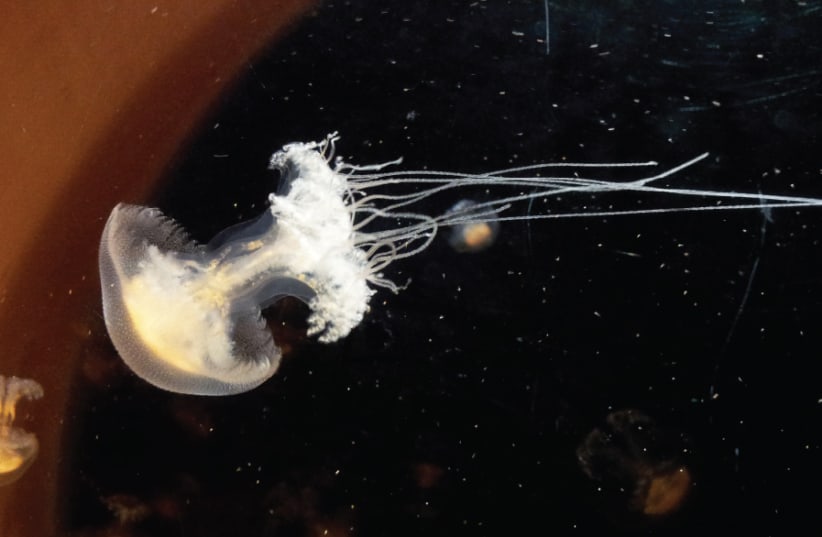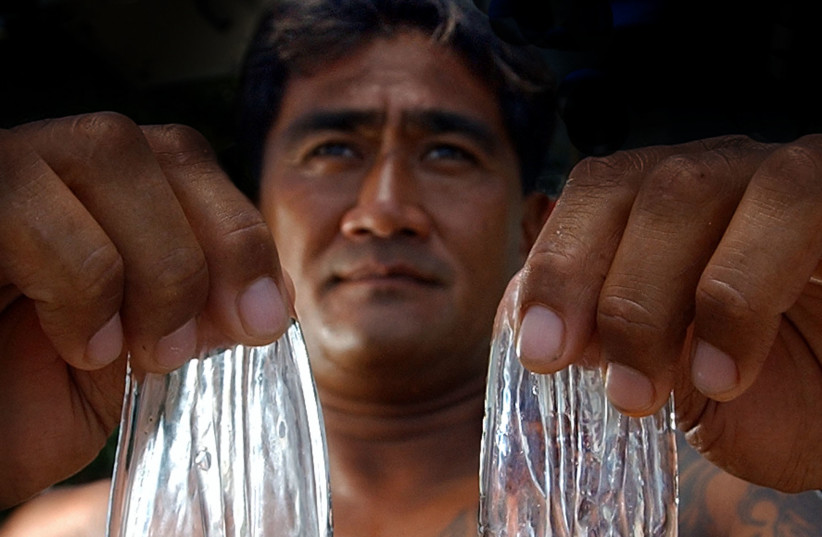A Hong Kong university team said it has discovered a new species of box jellyfish in the city's Mai Po Nature Reserve, the first discovery of the venomous species in China's waters.
Baptist University (HKBU) together with WWF-Hong Kong, Ocean Park Hong Kong and University of Manchester said on Tuesday that the team collected jellyfish samples from a brackish shrimp pond over 2020-2022 and found they contained a new species.
Named Tripedalia maipoensis in reflection of its locality, it has a cube-shaped, colourless body with 24 eyes. It has three tentacles up to 10 cm (3.94 inches) long which resemble boat paddles, allowing it to produce strong thrusts, making the species swim faster than other kinds of jellyfish, the study said.
Where can the species be found?
Qiu Jianwen, a professor at the Department of Biology at HKBU, said although the species is currently only known in Mai Po, the team believes the species is also distributed in the adjacent waters of the Pearl River Estuary.
Box jellyfish "are poorly known in Chinese marine waters. Our discovery of Tripedalia maipoensis in Mai Po - a relatively well-studied area in Hong Kong - highlights the rich diversity of marine life in Hong Kong and even the whole of China," he said.
Box jellyfish, scientifically known as class Cubozoa, includes some of the highly venomous marine animals that are widely known in tropical waters, the study said.
The Environment and Climate Change portal is produced in cooperation with the Goldman Sonnenfeldt School of Sustainability and Climate Change at Ben-Gurion University of the Negev. The Jerusalem Post maintains all editorial decisions related to the content.

